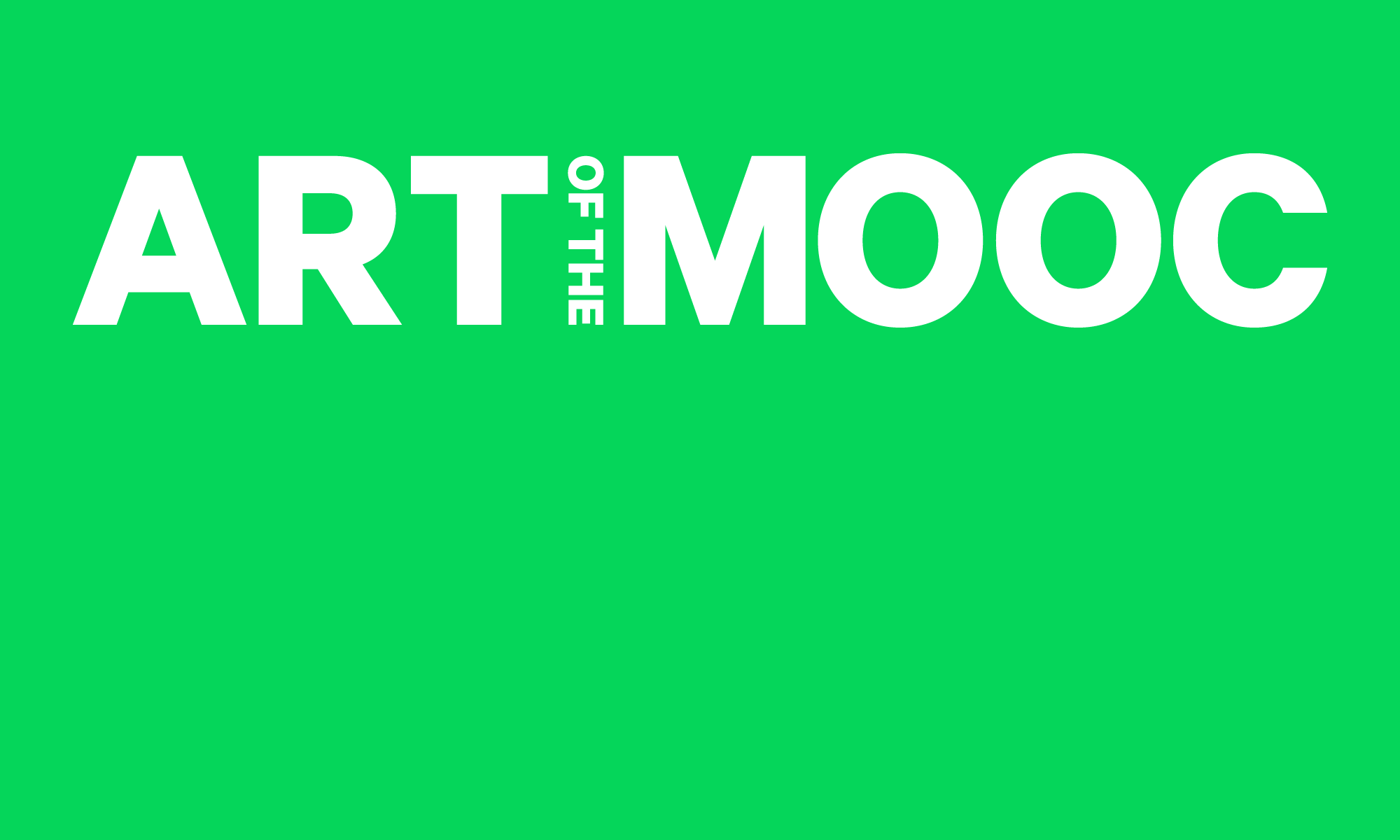I’m drawn to performances and visual art that involve audience interaction. Because this is my naturally tendency, I’ve tried to temper my infatuation by also looking for thinkers who argue against relational aesthetics.
One thinker is Jacques Ranciére, who, in The Emancipated Spectator, argues that viewing performances or visual art need not be a passive activity. Whereas many proponents of relational aesthetics suggest that being an audience member or consumer of art is a disempowering experience, Ranciére suggests that spectatorship itself can be active and empowering. Directing the eye, engaging with personal experience, and shaping one’s reaction are all active parts of spectatorship.
Taking a different tack, in Fair Play: Politics, Performance, and Neoliberalism, Jen Harvie suggests that increased audience participation in contemporary performance might be tied to the rise of the gig economy. When performances involve audience members or volunteers, performers may be using the audience’s labor because they aren’t able to afford to engage a large number of full-time artists. When increasingly the economy demands of people affective labor, is performance making this demand as well?
Lastly, Nicholas Ridout, a scholar at Queen Mary University of London, suggests that one goal of theater can be the end of work. Speaking from a Marxist and anti-work framework, in Passionate Amateurs, Ridout speaks potently of the power of theater to provide audiences with a glimpse at a world without work and to do this by relieving audiences from work for a few hours sitting together in the dark. By foregrounding play, some forms of participation can avoid being work, but other forms of participation replicate the conditions of work that we find in the other parts of our life.
